Emily: Hello. Today we are doing the third installment in some personal questions that you guys submitted on Instagram. And as with the first two installments, the lovely Alex is here to ask me the questions. Alex, are you ready?
Alex:
I’m so ready. Yeah. And I want to encourage every one of you, if you haven’t heard them, to go back and listen to part one, about Emily’s marriage with Jesse, and part two, about her career and how she does it all. They’re great. Today, it feels very appropriate, our final installment is about parenting.
Emily:
I am doing that some of the time.
Alex:
It feels perfect to end on, because I think for a lot of us who read your books and your newsletter, it feels like you’re kind of the third parent in the house with us and you’re there in our homes. And so it’ll be interesting to go inside your home for a little bit and hear about your kids and your journey as a parent. Let’s start with some warmups though that people sent in. So the first one is, “What’s your favorite animated movie?”
Emily:
Frozen II.
Alex:
Nice. “Do you have any upcoming marathon plans?”
Emily:
So I am running a half-marathon, hopefully at the end of April, assuming I don’t get injured. And then I am hoping to do what would be my first marathon in the fall, but we have to see. I don’t know, that seems like a long way, so I’m still sort of working my way up to it emotionally.
Alex:
“What’s your go-to daily breakfast?”
Emily:
Yogurt, granola, berries and a banana.
Alex:
And sometimes gram crackers, right?
Emily:
Great clarification. I eat the gram crackers before I run, so I’m not counting that as breakfast, that’s like the first of the 57 snacks that I have in the day. That’s the first snack, then breakfast after I run.
Alex:
Awesome.
Emily:
It’s important to snack.
Alex:
This is a funny question, “What questions annoy you the most?”
Emily:
I think I get most upset when people have questions that just don’t have any answer. And then I get really annoyed when people ask me questions that I think are mean. What are you doing commenting on these things? And sometimes I answer those questions just because I want to be like, I’m going high and addressing these, but actually deep inside I’m like F off.
Alex:
Yeah, that’s not really a question.
Emily:
Exactly. That’s not really a question, that’s just a confrontational statement.
Alex:
“Do you have any pets?”
Emily:
I do not personally have any pets, but my children have recently acquired snails as pets, which I actually would highly recommend. And I’m so engaged with, that my older child had to tell me that I am not allowed to just go in her room and look at the snails without her permission. She told me specifically, “If you need to be with the snails, you should get your own snails with your own money.” Now the thing is, her snails were bought with my money, so there’s something there that I think is wrong, but at any rate, I’m really into the snails.
Alex:
Okay. Last warmup question, which is a good transition into parenting, is, “How did you choose your kids’ names?”
Emily:
So my daughter, I think we both, for whatever reason, just gravitated to… we really liked Penelope. I think the source is Odysseus, and Penelope was Odysseus’s wife in the Odyssey. So we just really liked that. That was easy. For Finn, my husband really wanted an Old Testament name, but he also didn’t want… He wanted to pick a name from an Old Testament character whose actions he didn’t find inappropriate in some way, and so that turned out to quite severely limit the set of names we considered. And so I was given a short list of names that we thought were acceptable, and Phineas rose to the top, beating out Aaron, which was the only other really consistent possibility.
Alex:
Great. So I want to start just asking you to tell us a little about your kids.
Emily:
I have two kids. One is, my daughter is 11, almost 12, and my son is 7, almost 8. And they’re great, I like them a lot. I mean, I don’t end up talking that much about them. We have some pretty strict rules about putting things about them up on the internet, partly because I feel like that’s their choice. And when they were babies it was a little easier to write about things like, “My kid doesn’t sleep through the night,” and, “This is how we fed her.” Choices which feel more like they were about us and that was my story to share. And as they get older, I feel like the things about them are more their stories. I will say that my daughter really likes the violin, that comes up sometimes on my Instagram [inaudible], when I’m recording things. She’s in the background, practicing. So that’s her thing. And my son really likes the hot glue gun. It’s not as a productive pursuit, but I can tell you that he has produced some pretty impressive art using glue lately. So that’s an exciting development in our house.
Alex:
That’s incredible. Last time I used a hot glue fan, I burned myself really badly.
Emily:
Oh no, no, no, he also burns himself, just to be clear. But he’s figured out this kind of amazing thing recently where he fills the poppers in those Pop-It fidgets. He fill those with hot glue and then pop them out, and then he has these little hot glue things and he can glue those onto other things.
Alex:
Oh my God, that’s genius.
Emily:
Yeah. Genius may be a little strong, but it’s a thing that you do with glue.
Alex:
For an eight-year-old boy it’s the thing.
Emily:
Exactly.
Alex:
Okay, so taking it back to the start, “Did you struggle to conceive? What was that like for you?”
Emily:
We did not. I came into conception thinking if I try hard, it will happen immediately. So it took maybe six months, four months. So some amount of time that was not one month, which of course at the time felt like everything was not working, but in fact was I think quite typical. And so we did not have a hard time getting pregnant actually with either kid.
Alex:
But this question is phrased so well, it’s, “Did you like being pregnant or are you a sane person?”
Emily:
Yeah. I don’t think of myself as a sane person, but just in general, I did not mind being pregnant. I had a very think quite good draw on my experience of pregnancy with both kids. I was a little bit sick, but not very sick. I was kind of tired at the end, but not very tired. And in general, I think I had a good experience. I mean, I didn’t love it. I’m not a person who’s like, “Oh, I miss being pregnant.” I definitely don’t miss being pregnant. But it also, when we thought about getting pregnant again with the second kid, I wasn’t like, “Oh, I can’t believe I have to do that again.” It was like, okay, that was fine. If it’s like that again, that will be okay.
Alex:
“And how did you know you wanted two kids?”
Emily:
I just knew. It was just very clear having only one kid, when we had the first kid that having a second kid was something that we wanted. We sort of envisioned a family that had two kids. That was what felt right. And similarly, once we had a second kid, I don’t think either Jesse or I ever had a thought like, “Maybe we should have a third.” That never come up. Before we had Finn, it was like, “We’re not done.” And after we had Finn, it was like, “Okay, now our family is finished.”
Alex:
“When did you feel ready for Finn?”
Emily:
So we had imagined having the kids three years apart. And then when we sort of got to the point where one would need to conceive to achieve that birth spacing, it was in this really, really, really challenging professional moment where I was right in the middle of being fired in a kind of a mean way, even worse than regular firing I think. And we were just really stressed and trying to figure out what was going to be next and was I going to have a job and where was that job going to be and what was Jesse going to do? And it did not feel in that moment like this is a good time to bring another thing in.
So in the end, we waited basically a year from that point, and to a moment that felt like things are more stable and now we are ready to move forward and have another kid. So in the end, the kids are four years apart. I don’t know if I would’ve felt in the absence of this sort of professional stuff, I’m not sure if we would’ve done it. My guess is we would’ve done it somewhat earlier, but it ended up being I think a good spacing.
Alex:
“What’s been the hardest stage of parenting for you so far?”
Emily:
The period between about 10 months and 3. This kind of period where it’s just physically so exhausting. And in particular before they can really fully talk and communicate what they need, I found that to be very hard. Once there was a possibility to find out what they needed and when they could be a little more self-sufficient, it got a lot easier. And then now there are parts of parenting and adolescent that are, it’s not physically draining all the same way as little kid parenting was, it is more emotionally draining in some ways. I’m sort of more existentially worried more frequently or more confused.
With little kids it’s not like I thought I was doing the right thing all the time, but it was usually the case that I thought either it’s not that important what we do here, it’s not that important what I say, or this will pass. With older kids it can feel more frequently if I don’t say the right thing here, that might be really bad in the kind of long-term, but also I don’t have any idea what to say, so I’m a little lost, I’m more frequently lost.
Alex:
“Was that the most surprising part of parenting adolescence or what has been unexpected for you?”
Emily:
That has been a little unexpected. I mean, I think, frankly, I’d forgotten about mood swings. I mean, now that I think about it, I remember having them. But the experience, not dissimilar from sort of postpartum, where you’re just one moment everything is great, and the next moment you’re crying for no reason. I had just forgotten that that happens when you’re 12 and you’re 13 or whatever, and it’s a lot.
Alex:
“What is your favorite thing to do with your kids now?”
Emily:
So I really like being with my kids, which is something that has become just more true over time. And so I think my favorite I would say is one-on-one time. I mean, I love being altogether as a family. But the thing that feels special is when we can find moments, like occasionally I’ll pick my son up from school and we’ll walk to get a snack. And the experience of just having that focused time with one kid where they can really be themselves and tell you all the stuff that’s happening with them or all the things they’re worried about or whatever, where you’re not trying to accomplish something specific other than get to the mini mart, that’s really nice. That’s hard time to cultivate, particularly with the older kid, but when we can get it, that’s my favorite.
Alex:
“What do your kids say they want to be when they grow up?”
Emily:
My daughter would like to be a therapist, which seems extremely realistic, she’s already an excellent therapist. And my son would like to be a famous professional singer, which seems quite a lot less realistic as a plan. But he has some backups like famous chef, acrobat. There’s a few different options we’re considering, all of which are very practical.
Alex:
And very famous.
Emily:
Very famous. A lot of ways to be famous and also practical.
Alex:
“What do they know about your career and what you do? How do you explain it to them?”
Emily:
I think they know something about it. I mean, they’ve seen the books, they know that I write books, they know that I do some sort of public-facing Instagram social stuff. They know about the newsletter. So they kind of know about things. And very occasionally, someone will recognize me when we’re out in public and then I think they get some sense that, I don’t know, some people know who I am. But it doesn’t come up very much. I think one main thing about kids is they’re not that interested in you, they’re mostly interested in themselves, as it should be. And so I don’t think they think very much about what my career is. They understand their dad has a job, he takes the train to his job and he does economics there, and they understand that I have a job and it seems to involve more Instagram than their dad’s job. And that’s kind of about as much as they get.
Alex:
“What’s been your biggest parenting regret or lesson in hindsight, from the point you’re at now?”
Emily:
It’s interesting, I’m very happy with where things are. Going back and thinking what would I have done totally differently, is hard when you’re basically think it’s going okay. I think, like almost everyone, I wish I had approached the first year of my first kid’s life more like I approached the first year of my second kid’s life. I wish I had had less anxiety and just less obsession about different things in that period. And I think it was also, like many people, we had a lot of family conflict, just because we didn’t know what we were doing and we really cared about doing it right, but also we had no idea what that meant. And I think if we had had a different approach to that period, it might have been easier. So that’s probably the thing I think I would change if I had the option to go back.
Alex:
“Can you describe a little more what the experience was like from your first to your second in that first year, and how it was different for you?”
Emily:
So I think there’s a few things. So one is with my daughter, I really, really struggled with breastfeeding. So I found it very hard to do. I didn’t have a lot of supply. I’m not sure we managed the supply quite right. And she didn’t really want to latch. There were a bunch of pretty standard problems. And instead of stepping back and saying what I say to people all the time, which is like, “Hey, there’s a lot of good ways to feed your baby, figure out what works for you.” And I think if I had had that and been able to say, “Here, we’re going to kind of incorporate formula and here’s sort of a plan for how we’re going to do it,” I would’ve felt much more in control. Instead, I just was obsessively obsessed with making this work, in a way that took a huge amount of time, created a huge amount of stress, made me feel really guilty every time… Not even guilty, just made me feel bad every time she had some formula. And I think that colored a lot of my experience of that.
So that was kind of one thing. And then there are very specific examples. My daughter slept in the rock and play sleeper for a while, like for naps, and at some point we somewhat arbitrarily decided we would just transition her out of that without really ever thinking about it. And we didn’t really talk about it or kind of agree on exactly how we were going to approach this. And so then there was this horrible day where she didn’t nap at all, and I remember just how angry we both were at the other person.
And there were a bunch of things like that where I don’t think they were very important. They felt incredibly important at the time, and we didn’t really have a good system for approaching them as a team. And I think the second kid was much more, we know what we’re trying to do, we’re dialing this in to the kind of system that we have already. And we’re going to know which things to focus on and we’re going to kind of make a plan. And it just felt much more like we were trying to do it as a team. And he was a much easier baby, which is the other thing.
Alex:
“Are there things that were harder or very different about your second?”
Emily:
Yeah. That’s actually, as a baby, Finn was perfect. It was like he was sleep trained in one night. Everything about him, he was such an easy baby. As a toddler and older child, it was not as easy. My daughter is very interested in not doing the wrong thing. She’s very motivated by… She just wants to do the right thing, and so she’s very susceptible, very responsive to any type of discipline at all. And was, as a little kid in particular, you sort of say, “No, don’t touch the stove,” she just would never do that again.
My son was like the opposite, “We don’t touch the stove,” he’d be like, “So what I’m hearing is touch it, try it out.” And so there was kind a pretty steep learning curve moment, where we were kind of applying a set of organized discipline tools… Not organized, just a set of ideas about approaches to discipline, which worked fine for someone who kind of never did anything wrong or when you said, “Please don’t do that,” they were like, “Oh, I feel so terrible, I’ll never do it again.” We tried to apply that. To him, it didn’t work at all. And that was one of the main things I learned writing Cribsheet, was about some of these approaches to discipline. There was the 1, 2, 3 magic kind of approach, which worked much better with him than with her, and kind of smoothed things out a little. But he was easy as a baby and then he got a little more challenging.
Alex:
“What are some of your parenting or family rituals now? Are there things that you do during the week or the day that feel like important moments in parenting for you?”
Emily:
We both have jobs, we both have… the kids go to school all day. So the morning is just like a… Although we’re together in the morning, it’s like everyone’s trying to get out the door as quickly as possible. When we go towards the end of the day, that’s kind of our central family time. So we have dinner together. That’s pretty important to the way Jesse and I have structured this, is that almost all the time, at least one parent is at dinner with the kids, and usually both of us.
And then we have a really long elaborate bedtime with 47 steps. There are breaks. But I would say the bedtime experience in my house begins at 6:45 and really only ends at 9:30. And it’s not bad. It’s not a thing where you put you in your room and then you’re coming out and you’re coming out. And it’s just like that time is filled with 20 minute blocks of like, okay, we talk for this 20 minutes. In this 20 minutes, we hide inside the blanket and somebody tries to attack somebody else. And then there’s a period where you do school, you read for homework. And then you like crafting, and then the other kid is like… So there’s just an ongoing series of activities, but it’s kind of nice. It’s a time I get to spend some time talking to Finn, I get to spend some time talking to Penelope. And that’s really my time, much more than Jesse’s, and so that’s very nice usually.
Alex:
Wow, I love that. Okay, final question is, “Where do you seek support and who is your Emily Oster?”
Emily:
Well, I guess there’s two answers. So I have a lot of logistical support, like support in the stuff that I do. And we’ve talked about this before, but from you and from other people on this Parent Data team. I also at home have a lot of support. Yeah, from Jesse, of course, who also provides emotional support. But we also have a really pretty amazing… we’re very lucky and we have a pretty amazing nanny who does a lot of household stuff and really makes it possible for everything to kind of function, so that’s really important. On the emotional side, my friends. My best friend lives in Boston and she’s been my friend since we were 18. And I think there’s sort of something about someone who has known you at all of the stages, that is a pretty special thing. New friends are great too, but the kind of people who need no context, that’s a hard thing to replace.
Alex:
Yeah. Wow. That makes me want to do another episode just about friendship.
Emily:
Friendship is important. I mean, the other thing that’s so tricky about friendship when you have kids, is it’s hard to find time to prioritize that. The really helpful friends I find are the people who are there, but you don’t need to be there every moment. You know what I mean? People who you can pick up with, even if it’s been a few weeks or a few months. Yeah.
Alex:
Well, thank you.
Emily:
Thanks, Alex. This was great.
Alex:
This was great. It’s been very fun to ask you all these questions from everybody who follows you, reads your work. And let us know if you want us to do more things like this in the future.
Thanks for listening. If you like what you heard, subscribe to Parent Data in your favorite podcast app, and rate and review the show in Apple Podcasts. You can subscribe to the whole newsletter for free at www.parentdata.org. Talk to you soon.
Community Guidelines











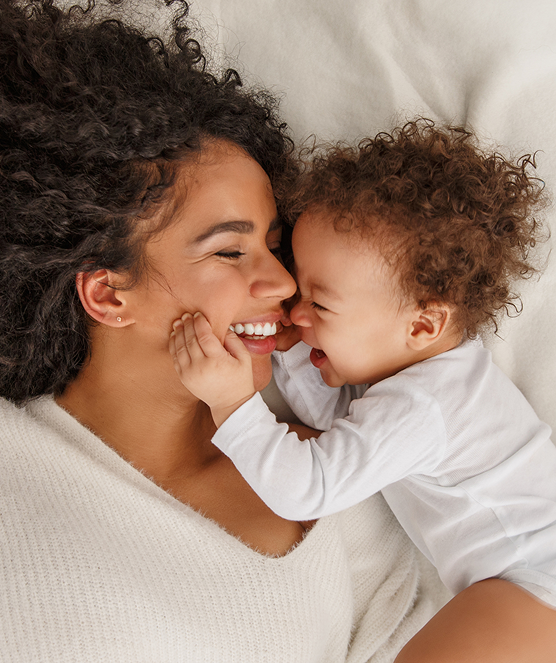

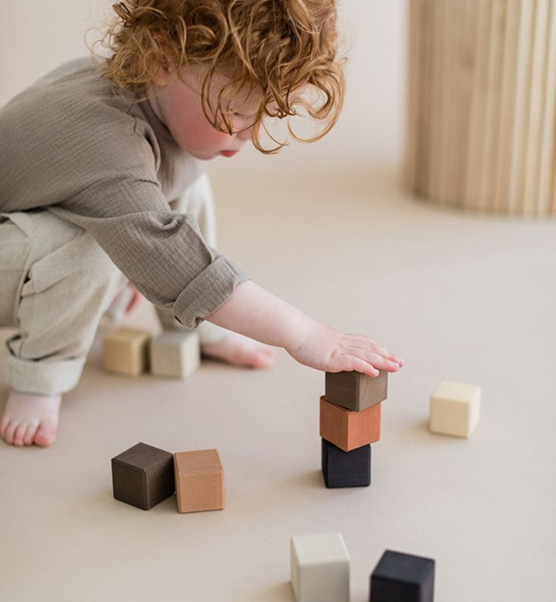
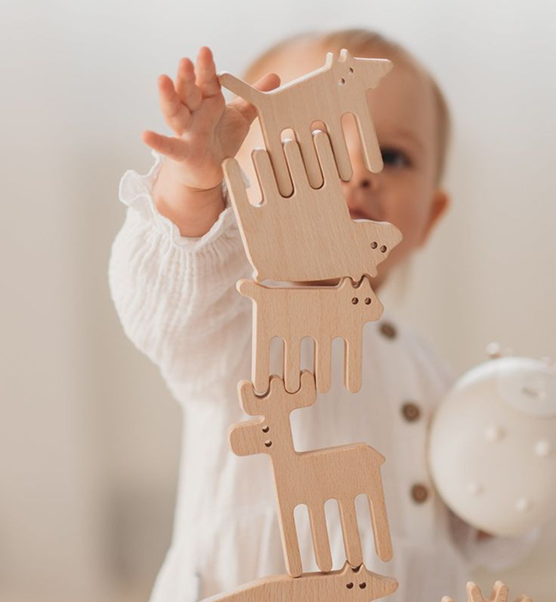
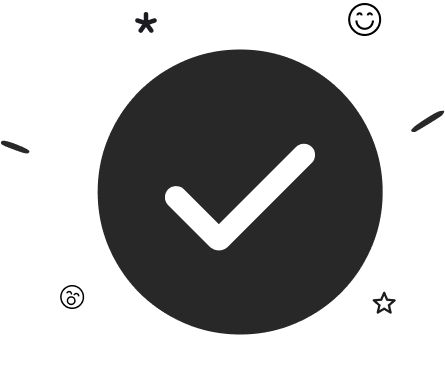
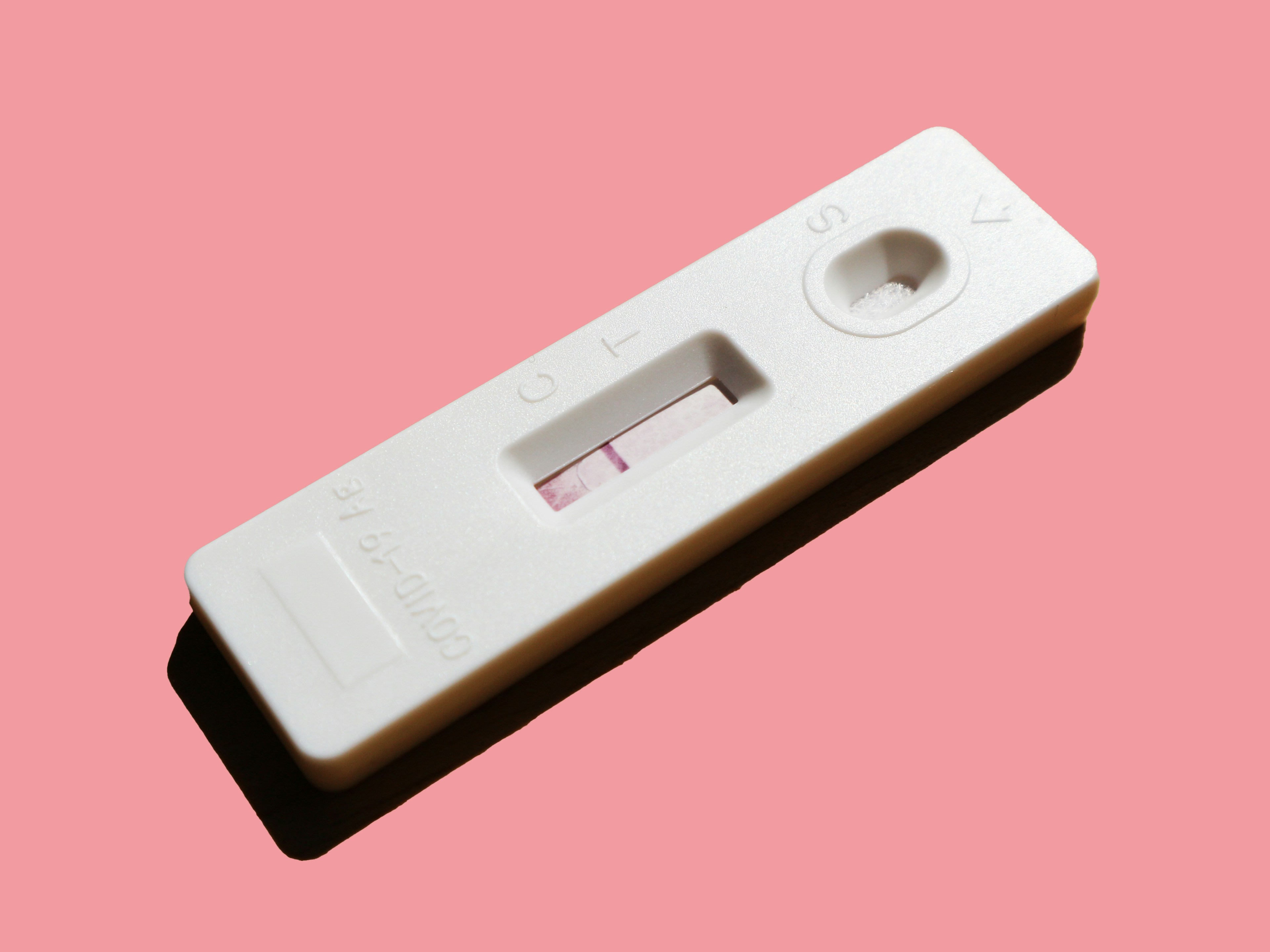
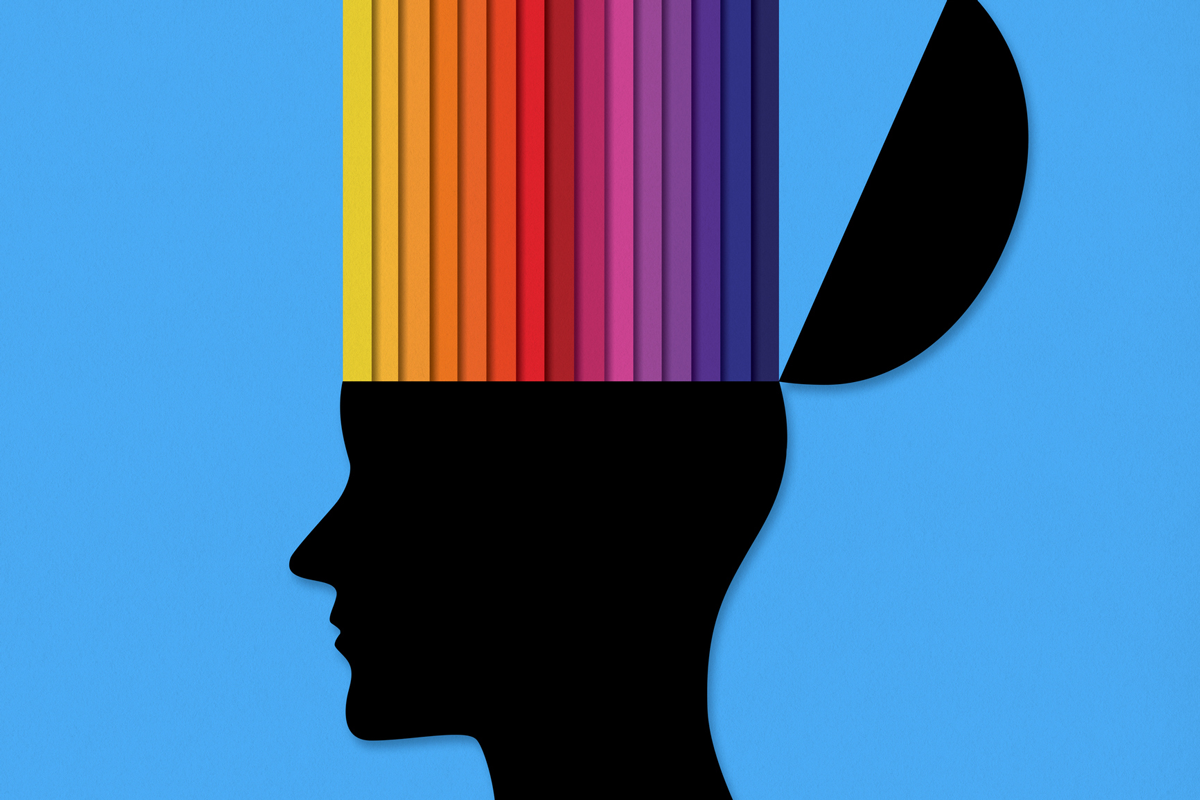

Log in